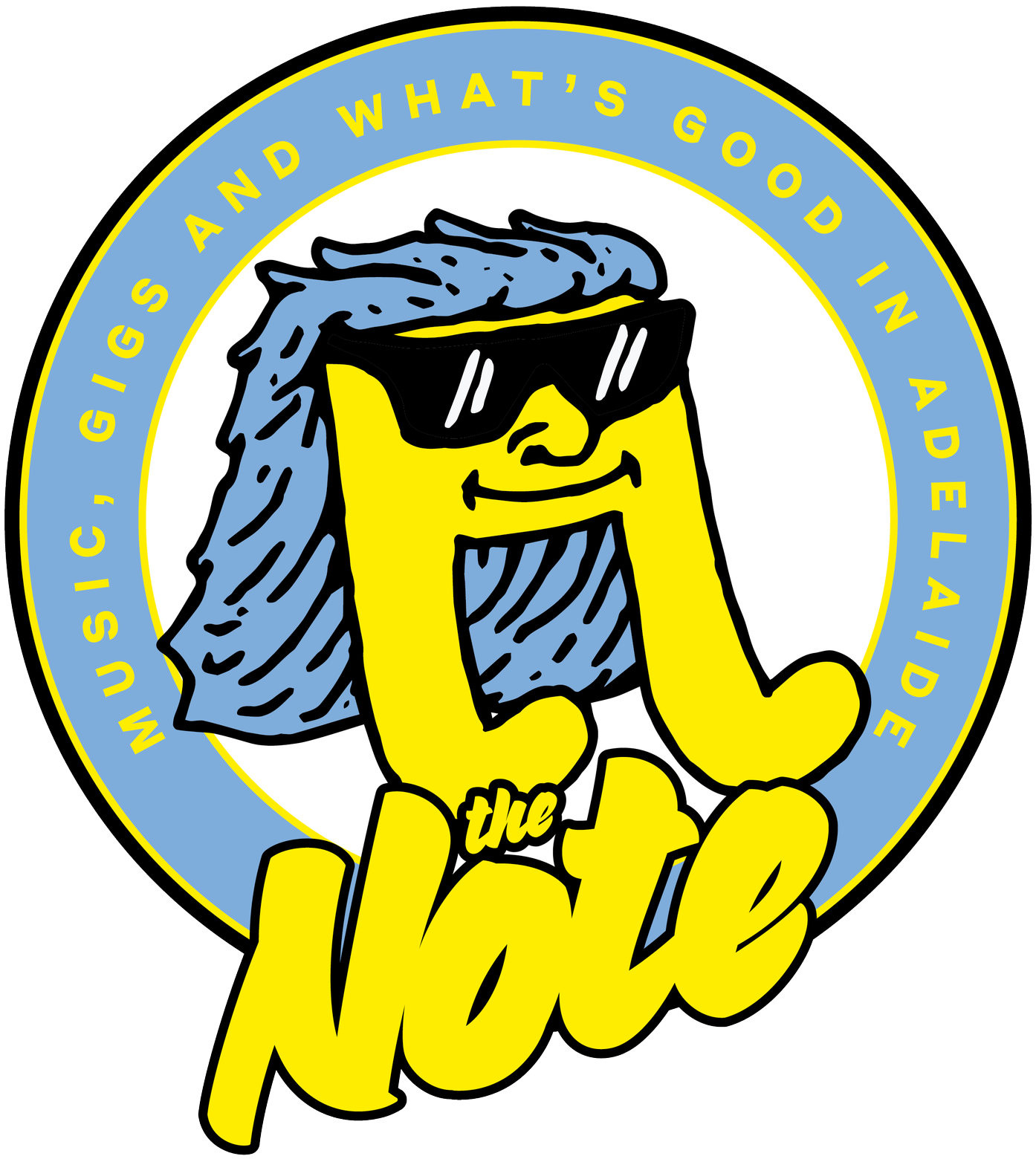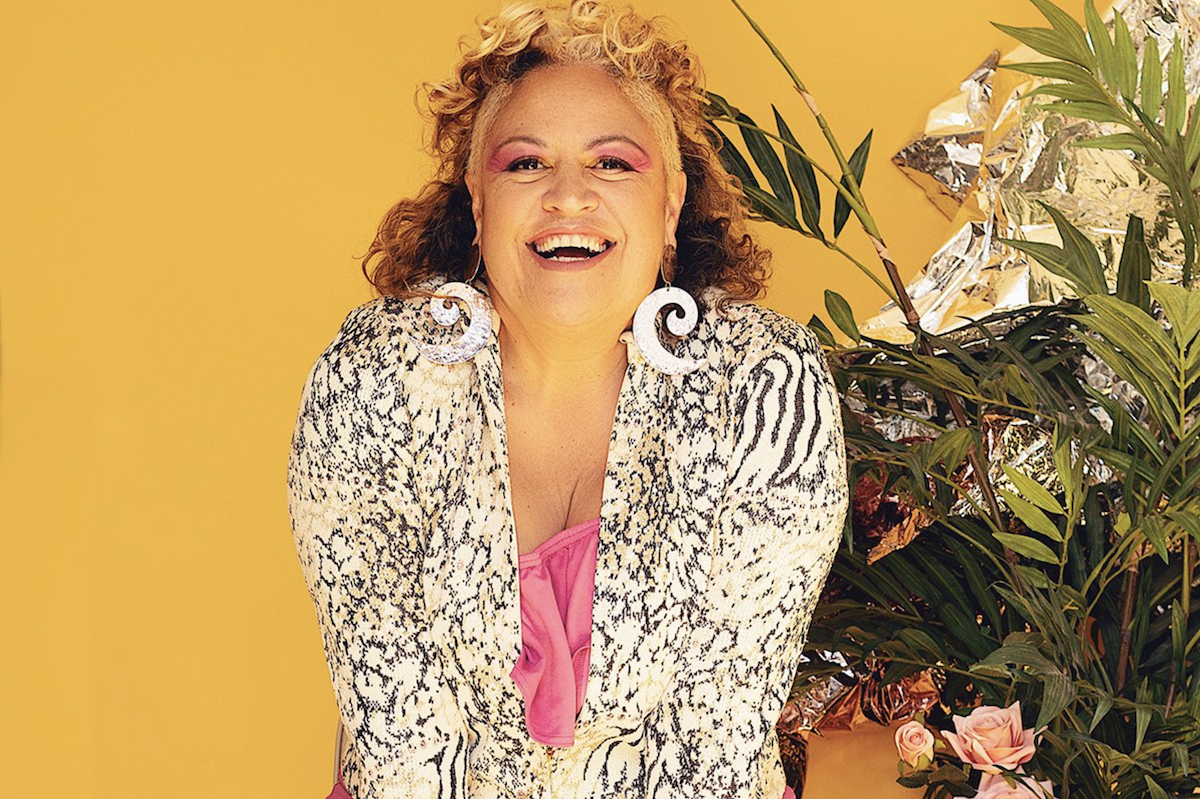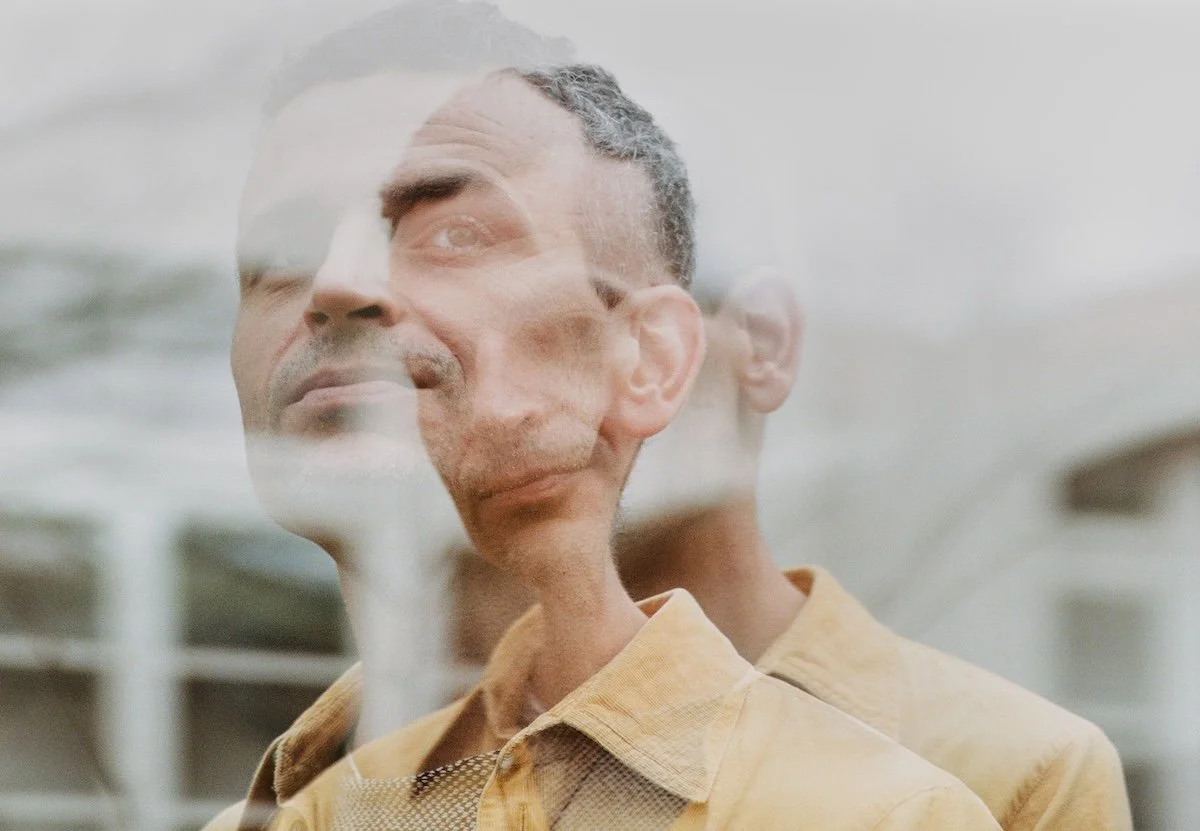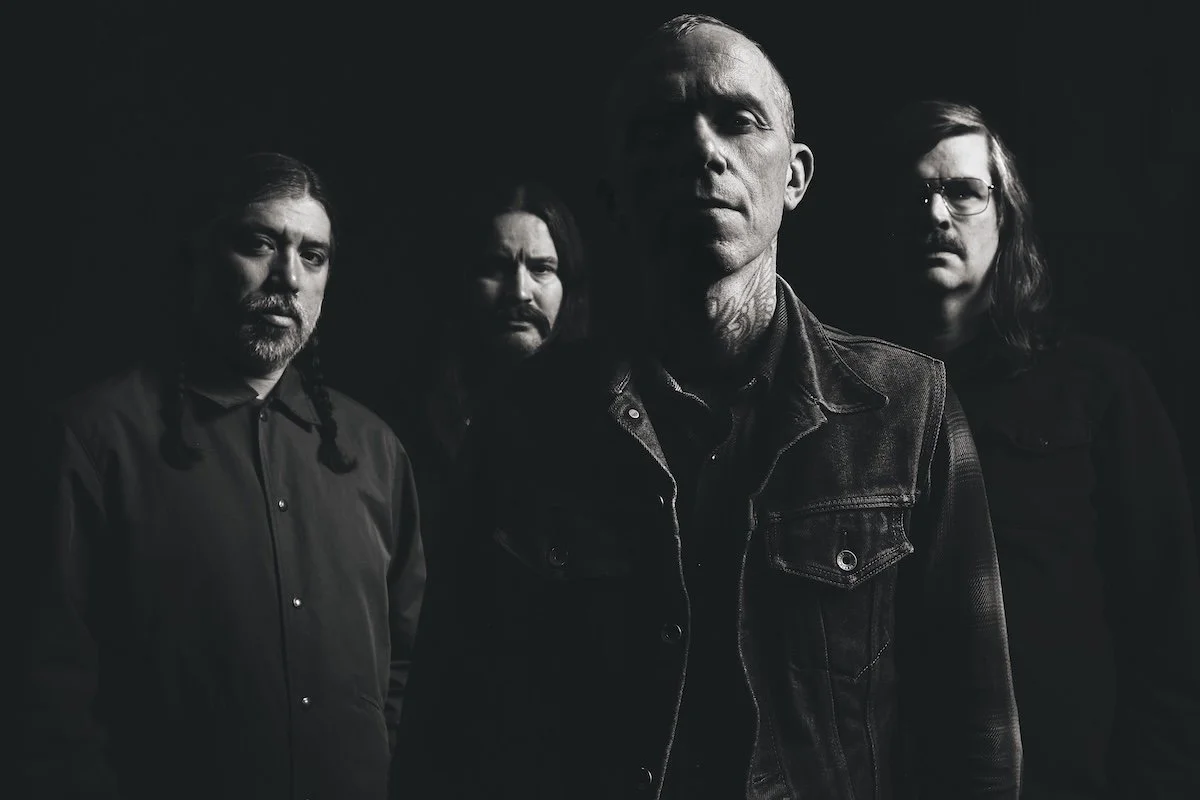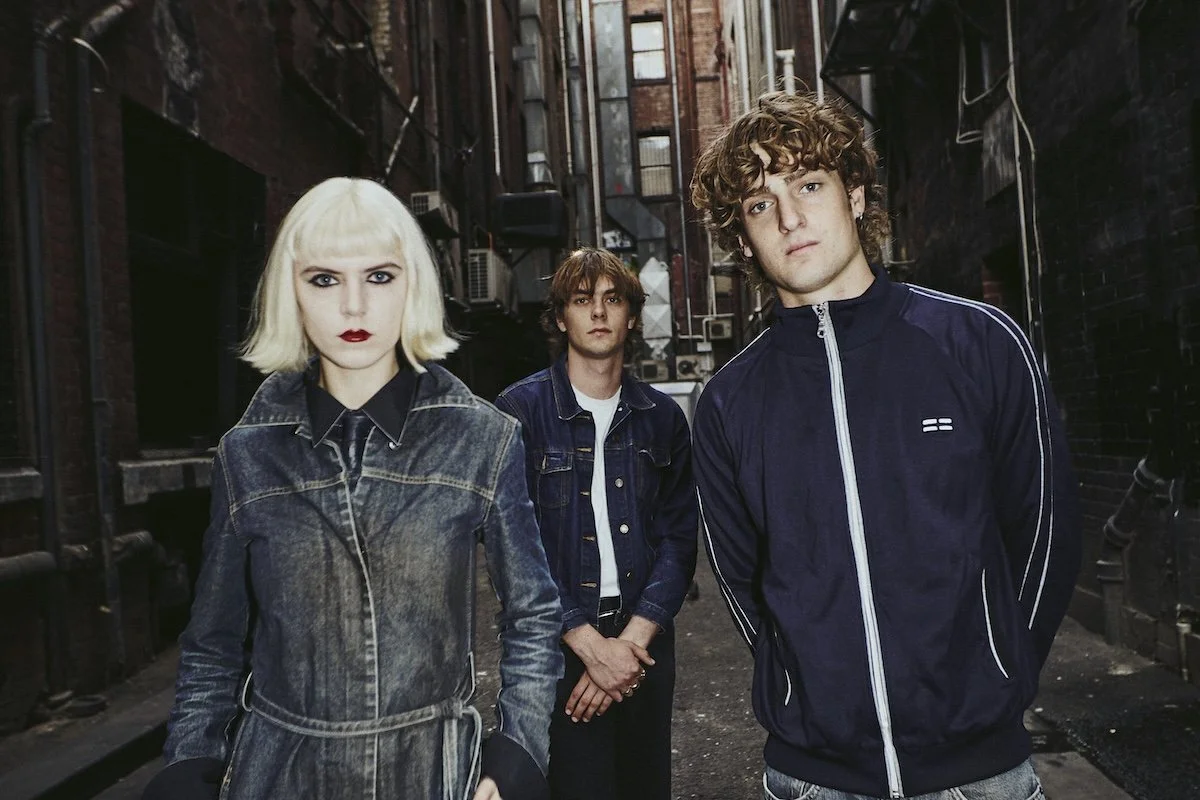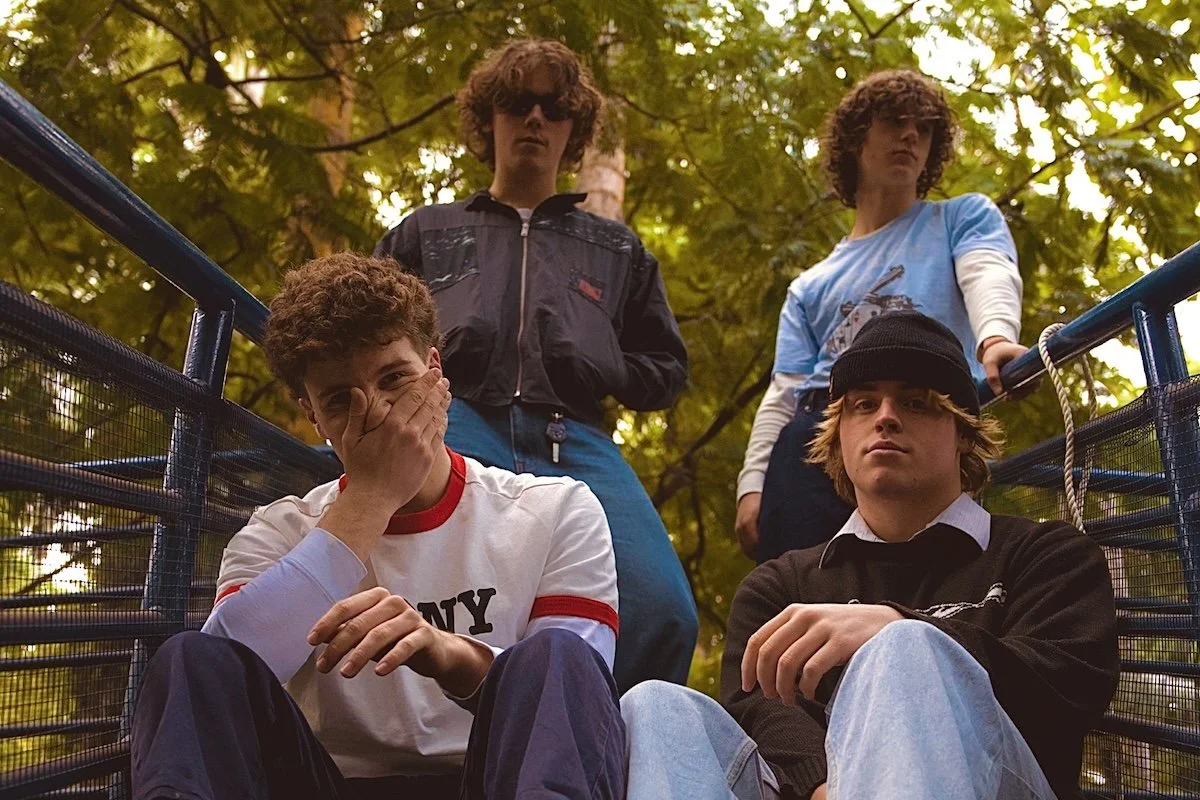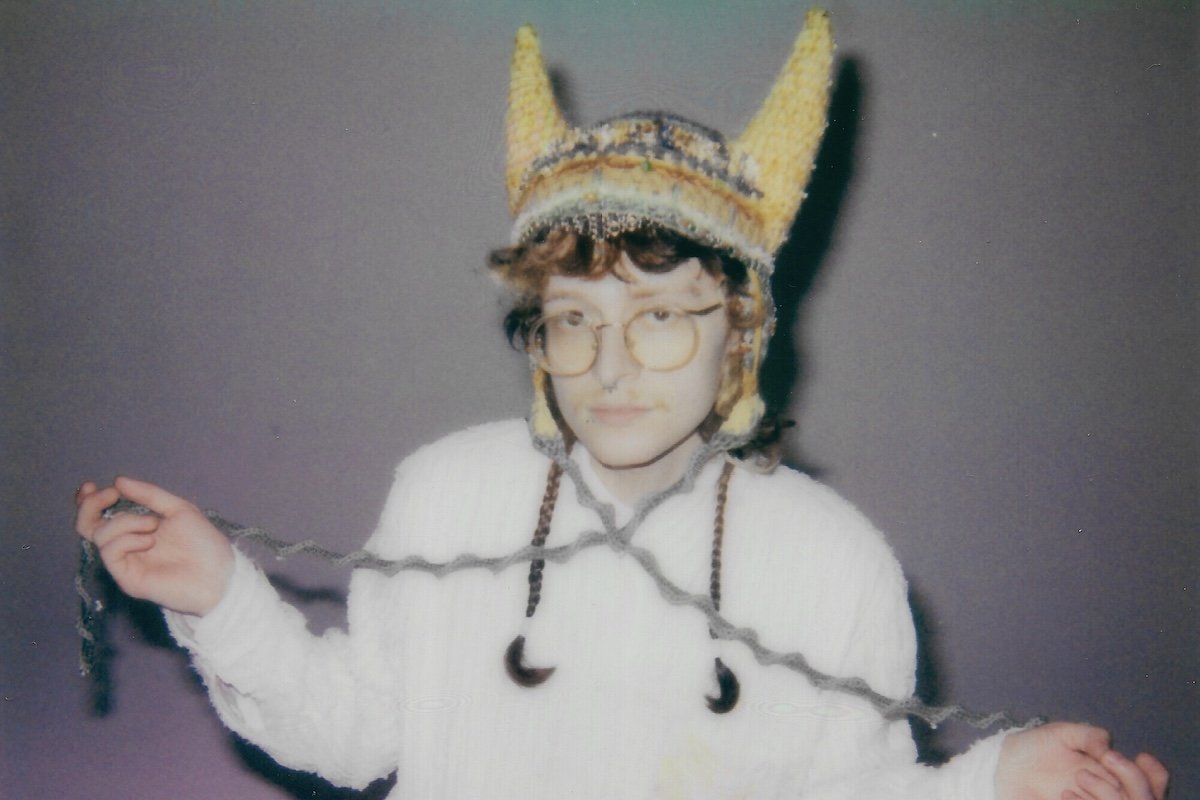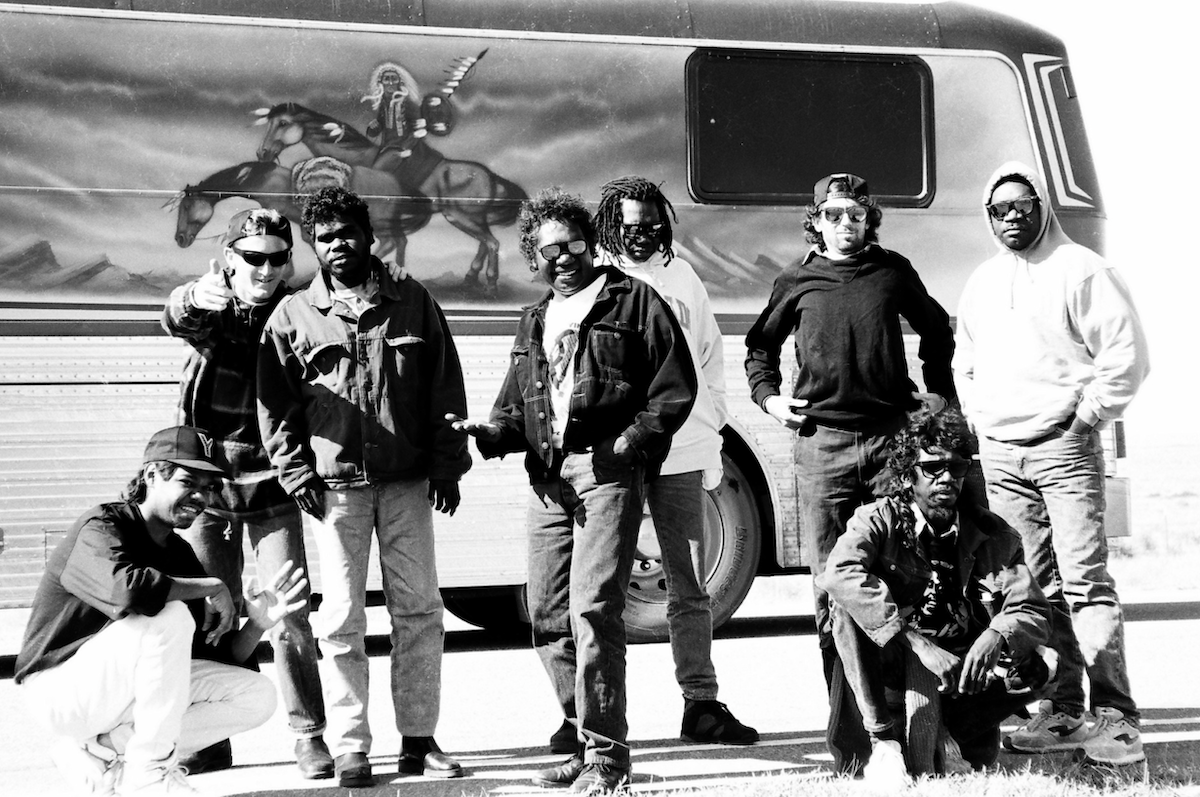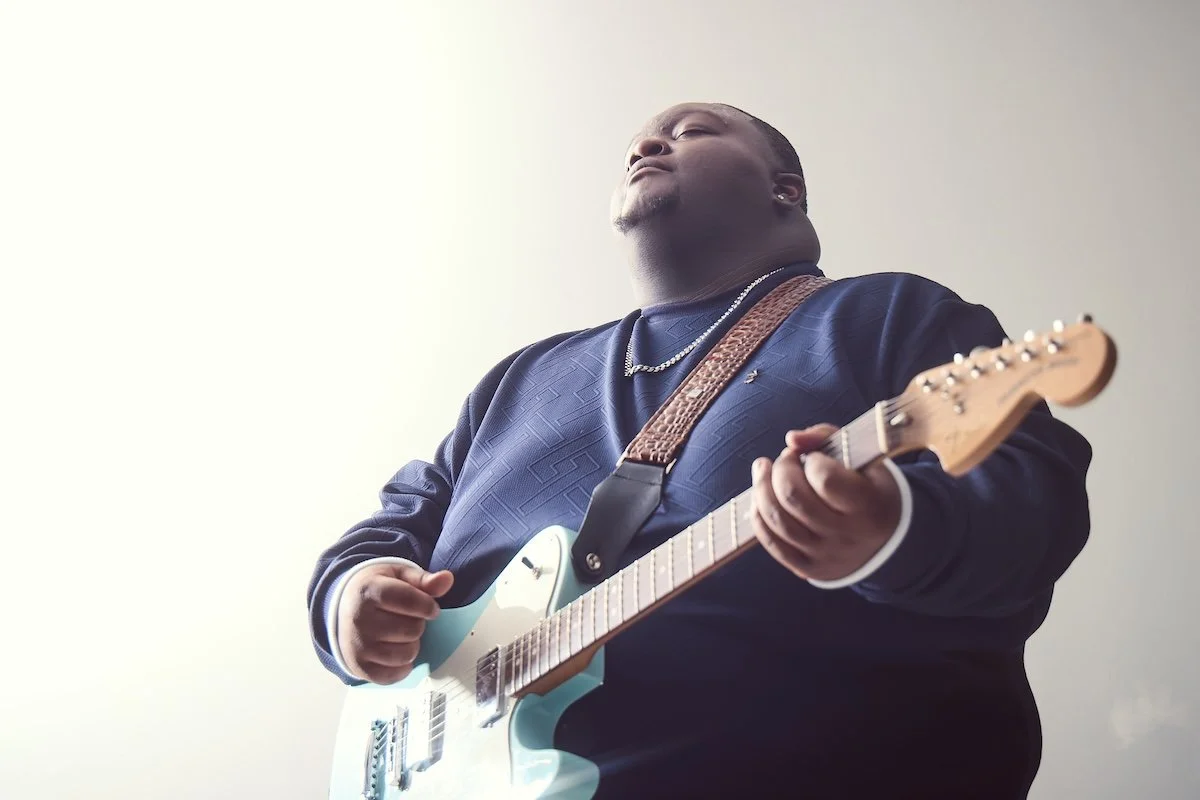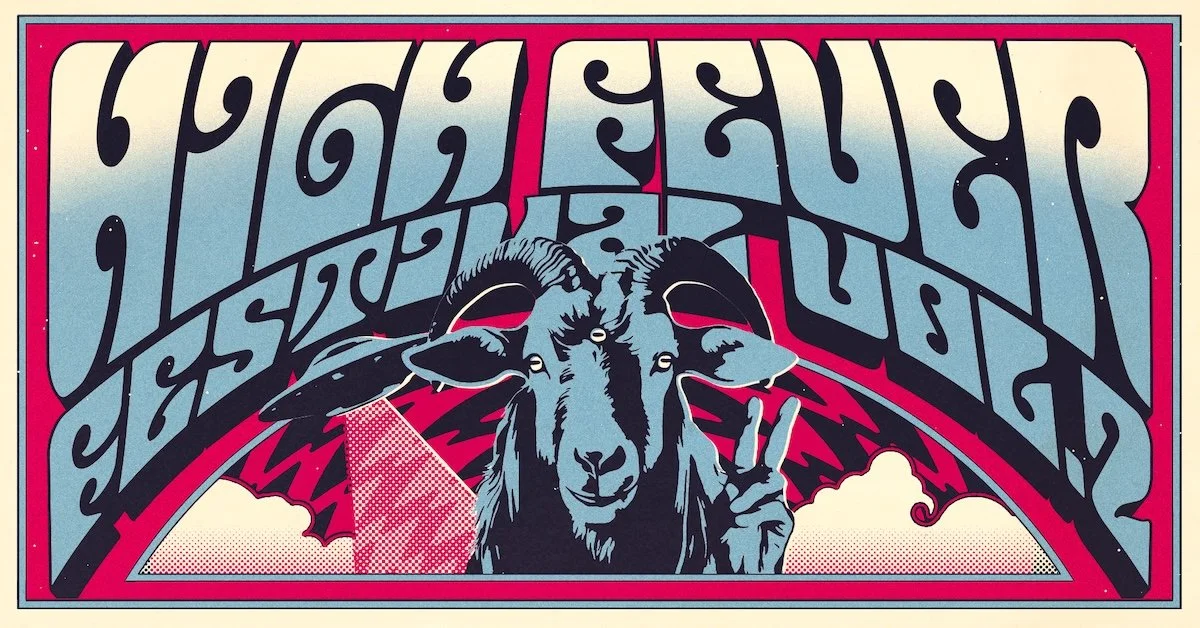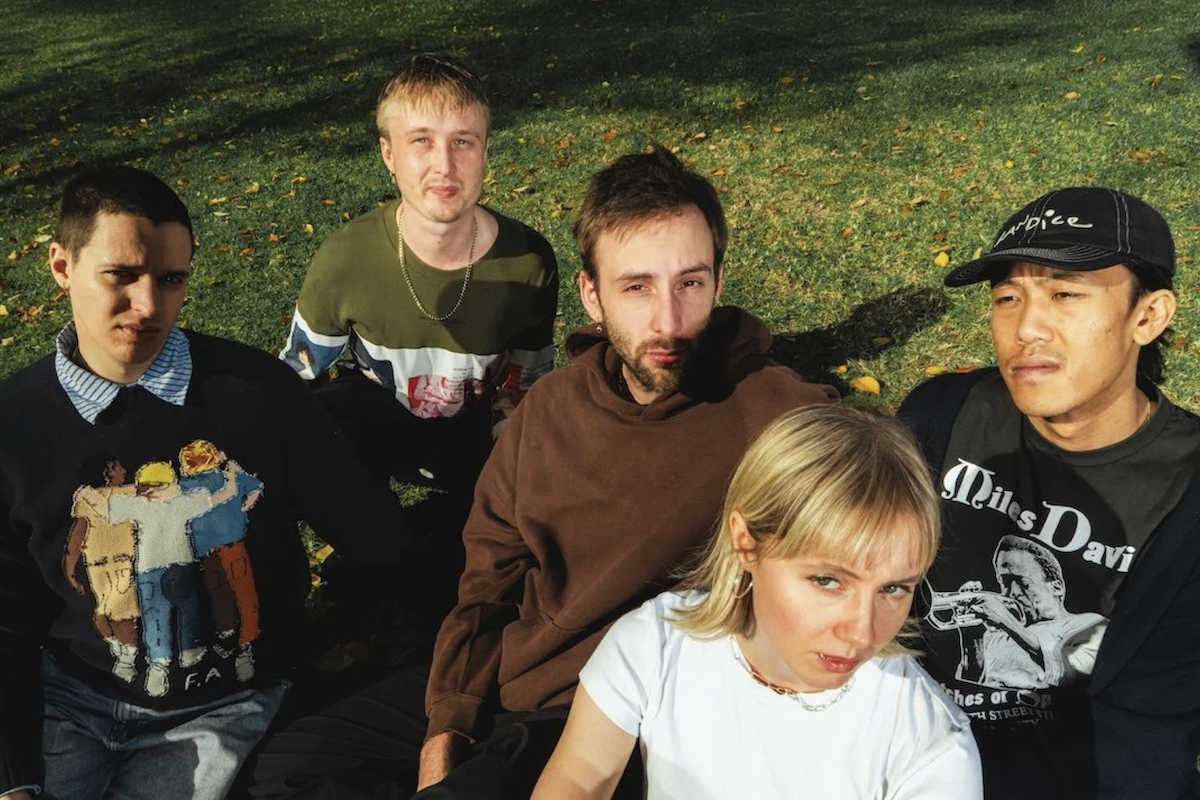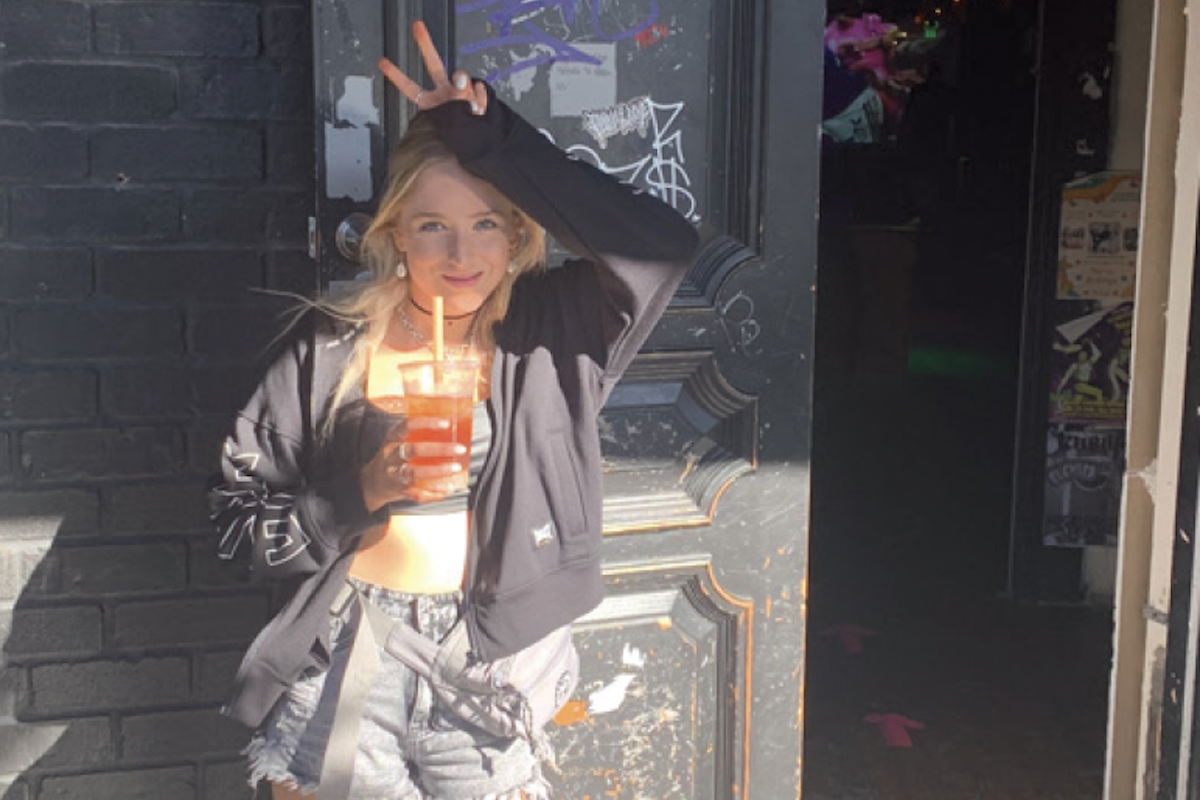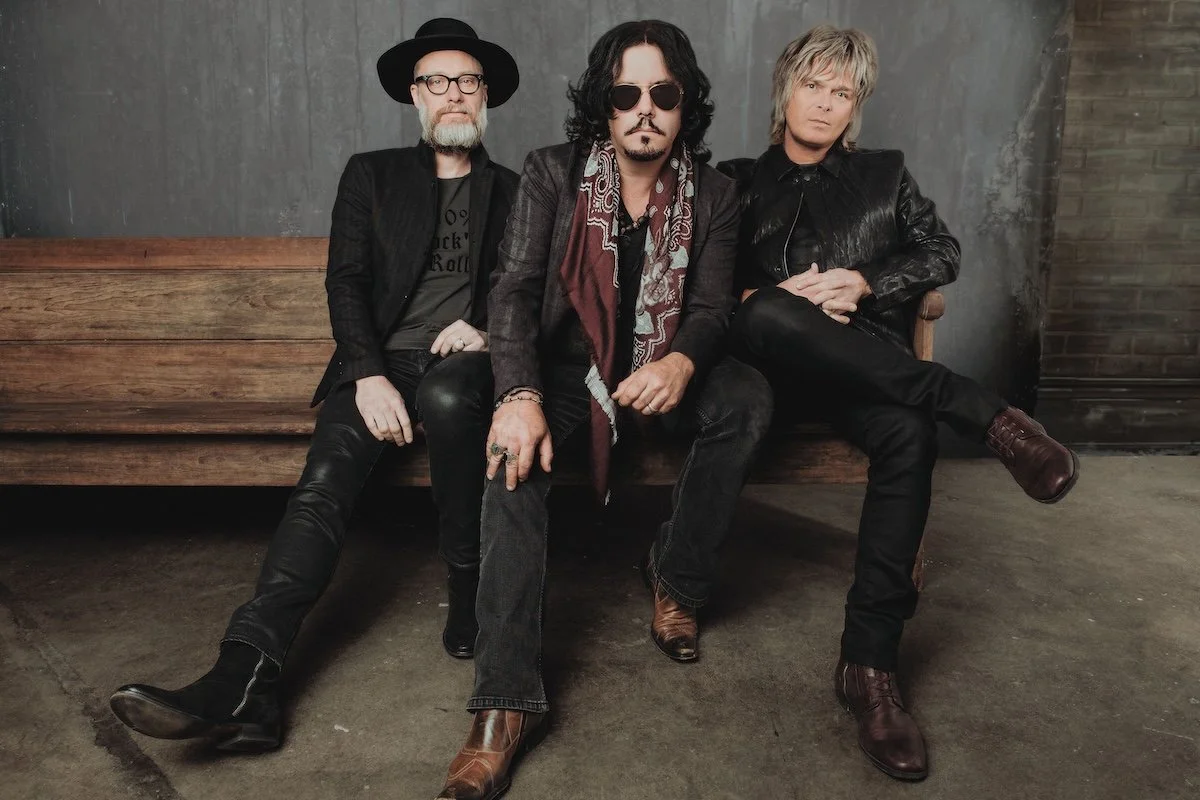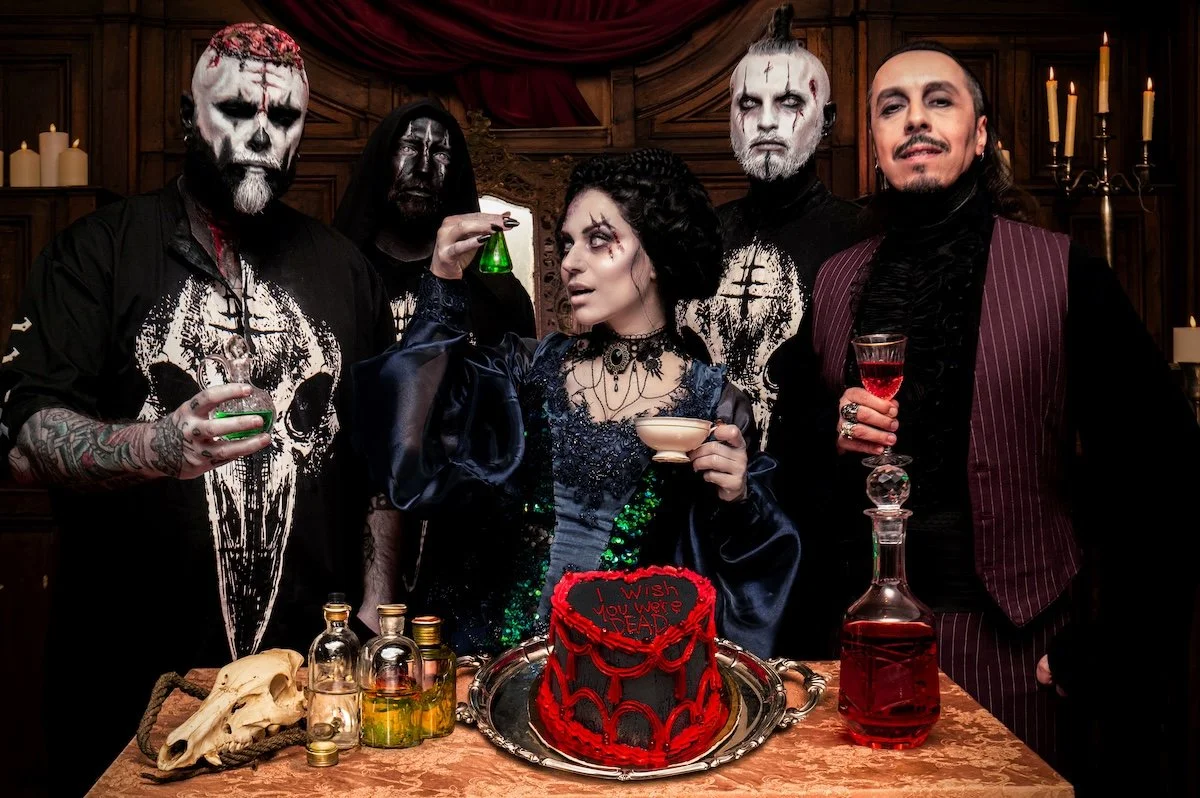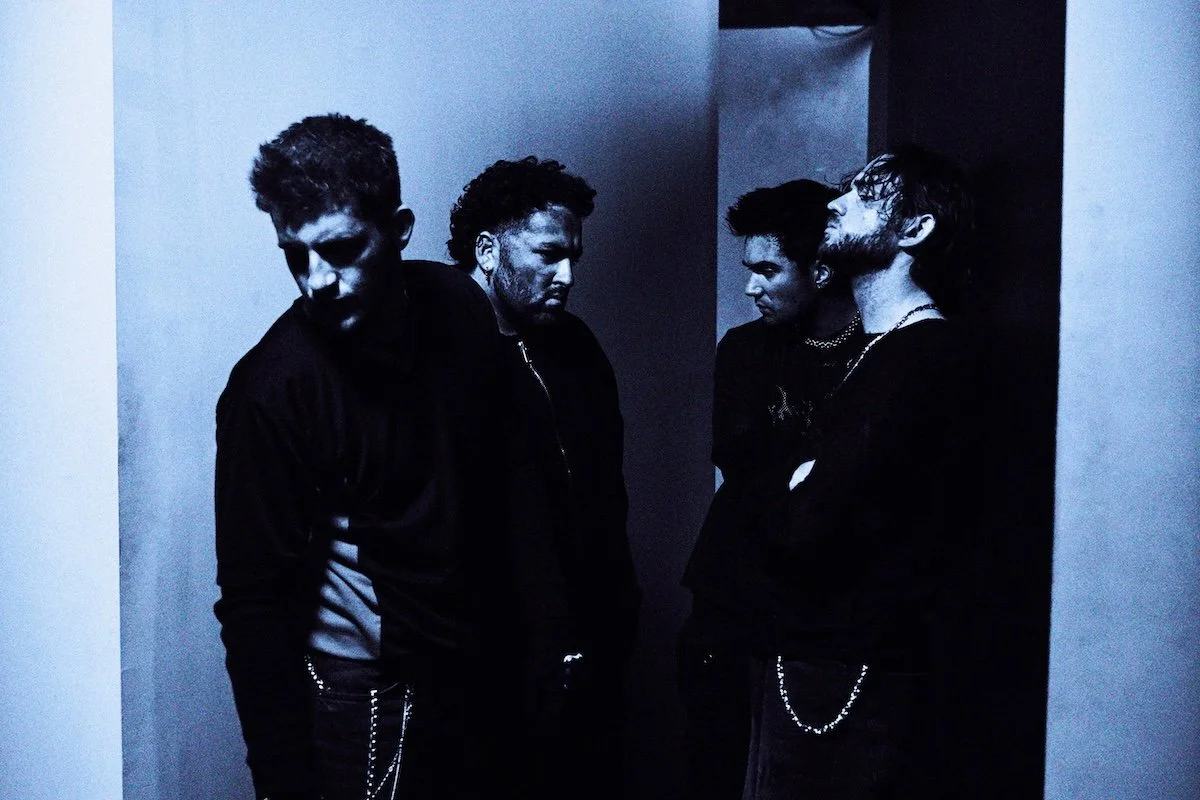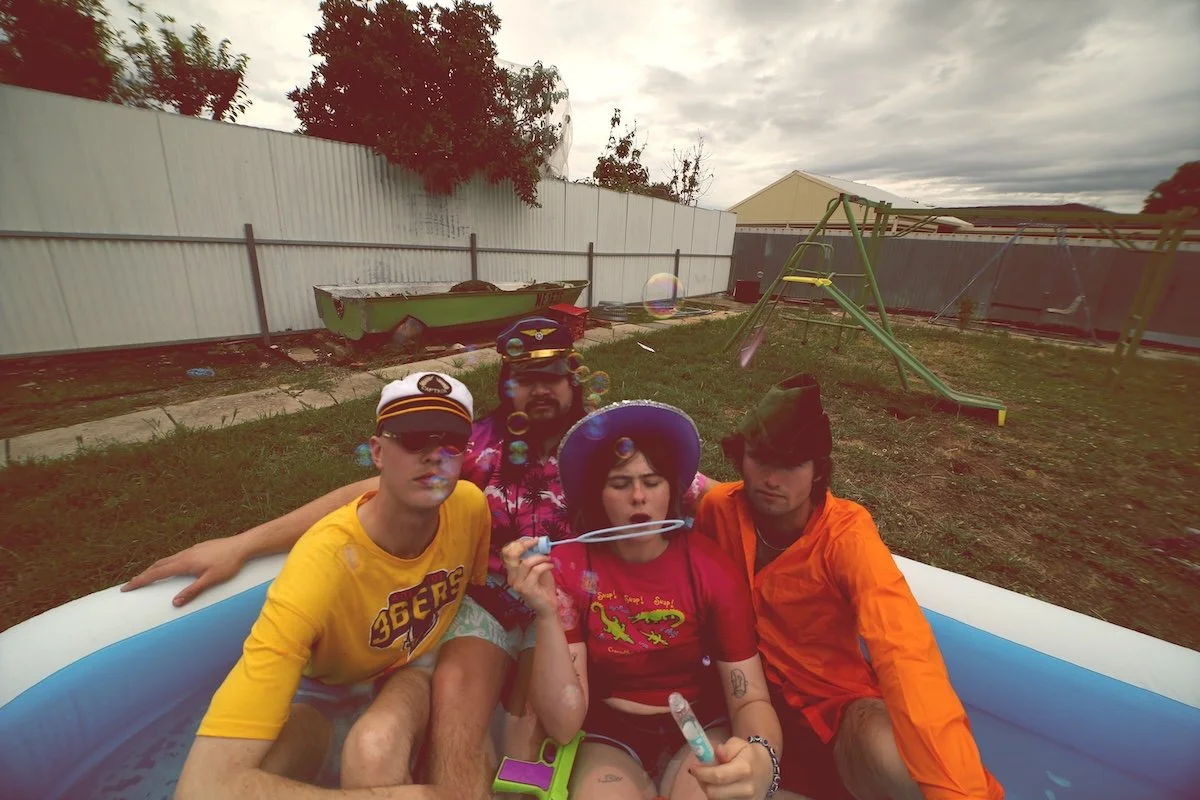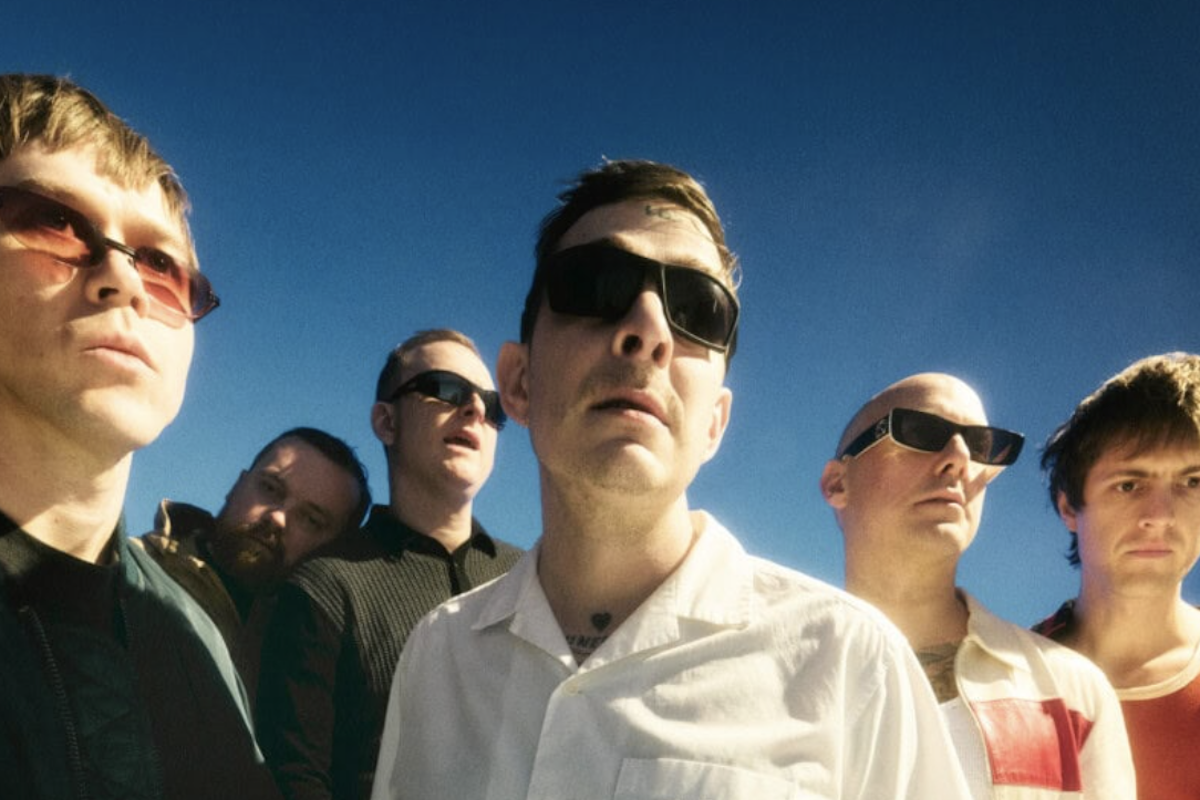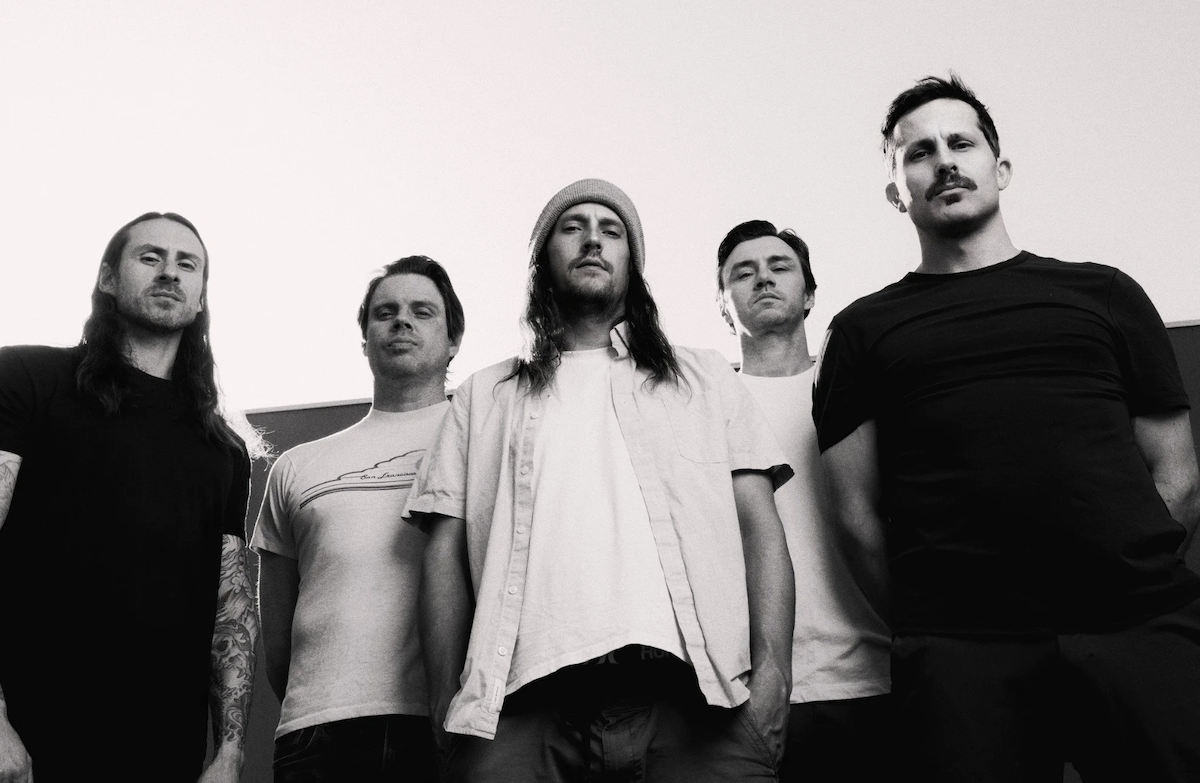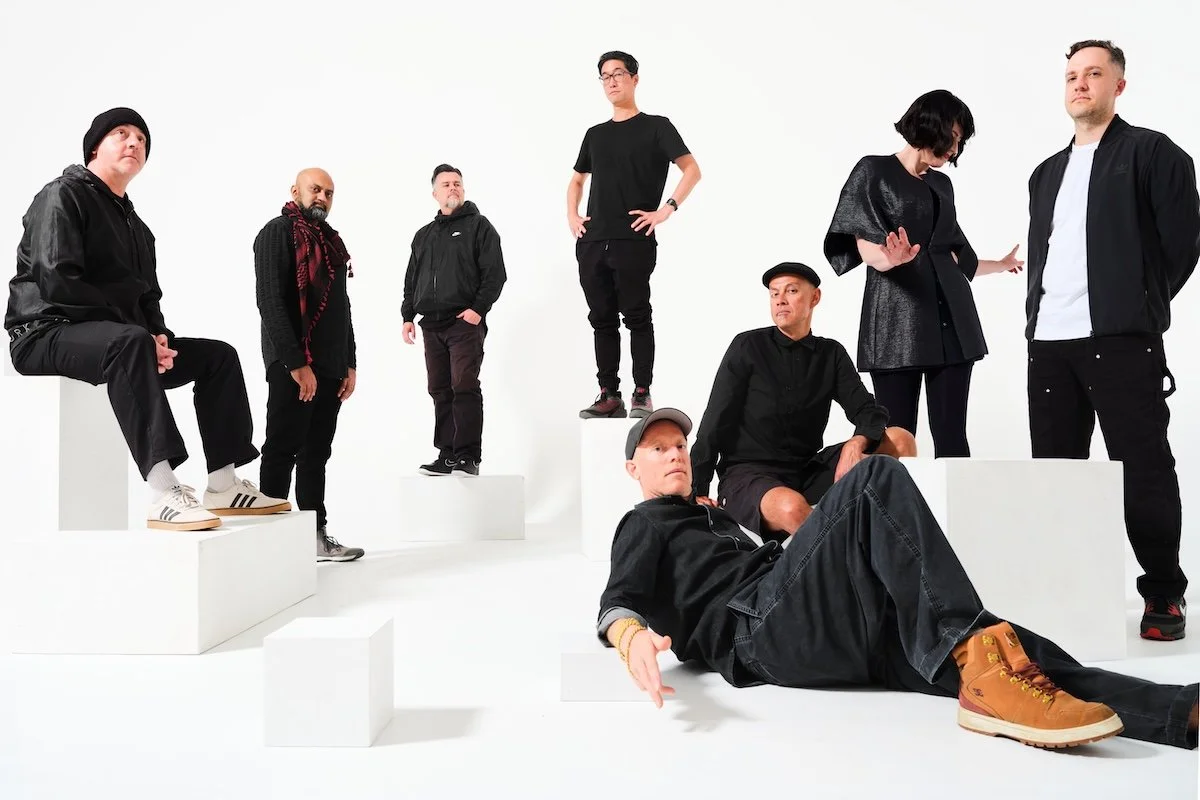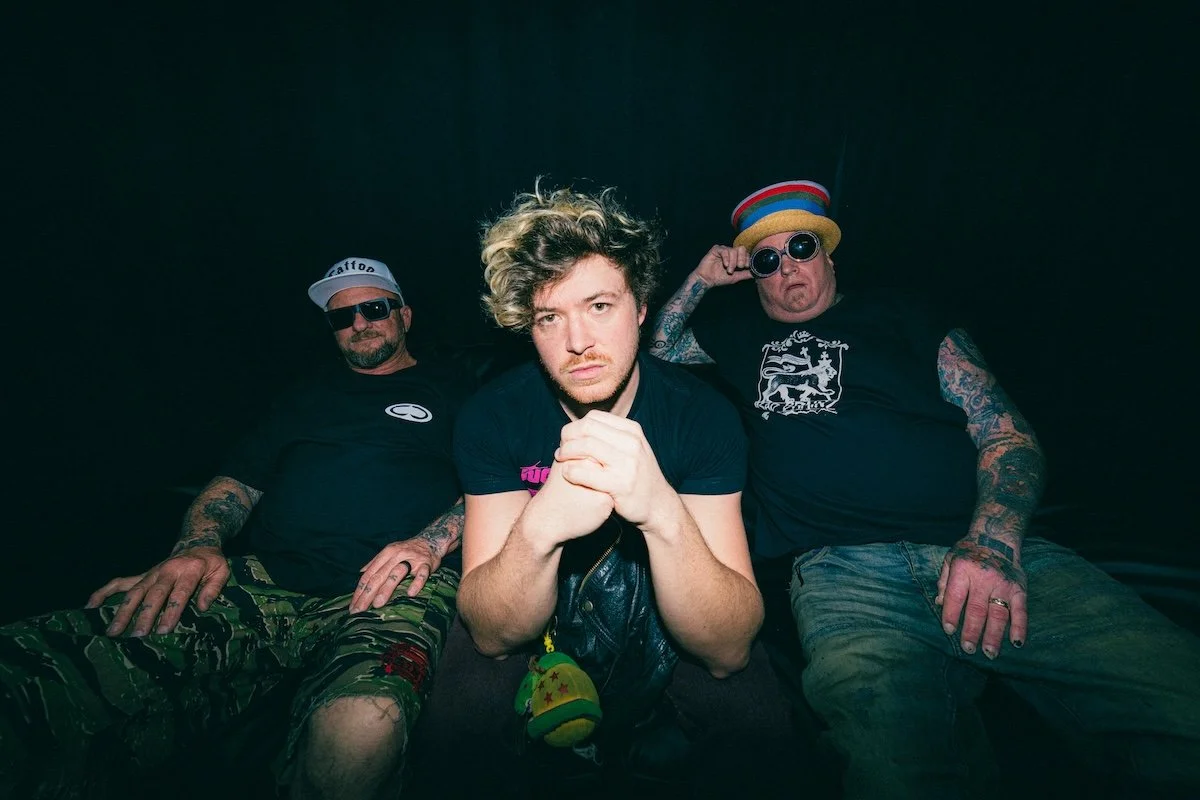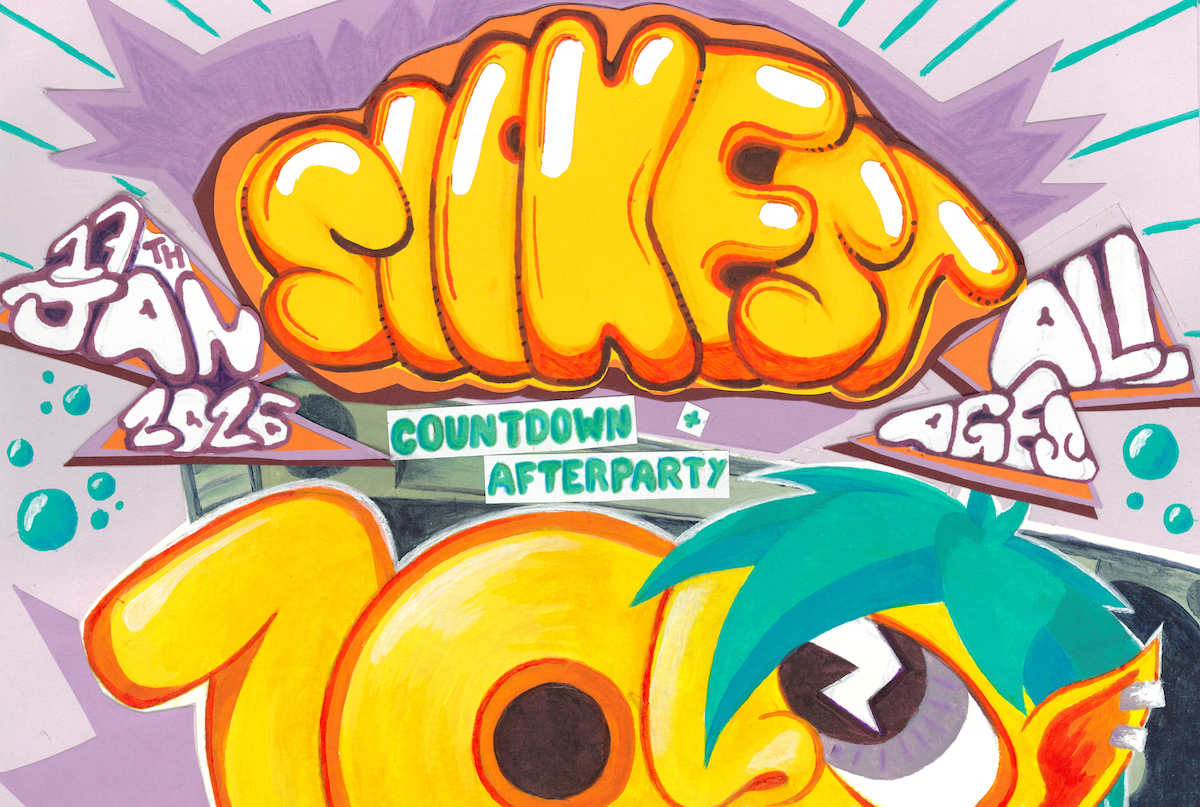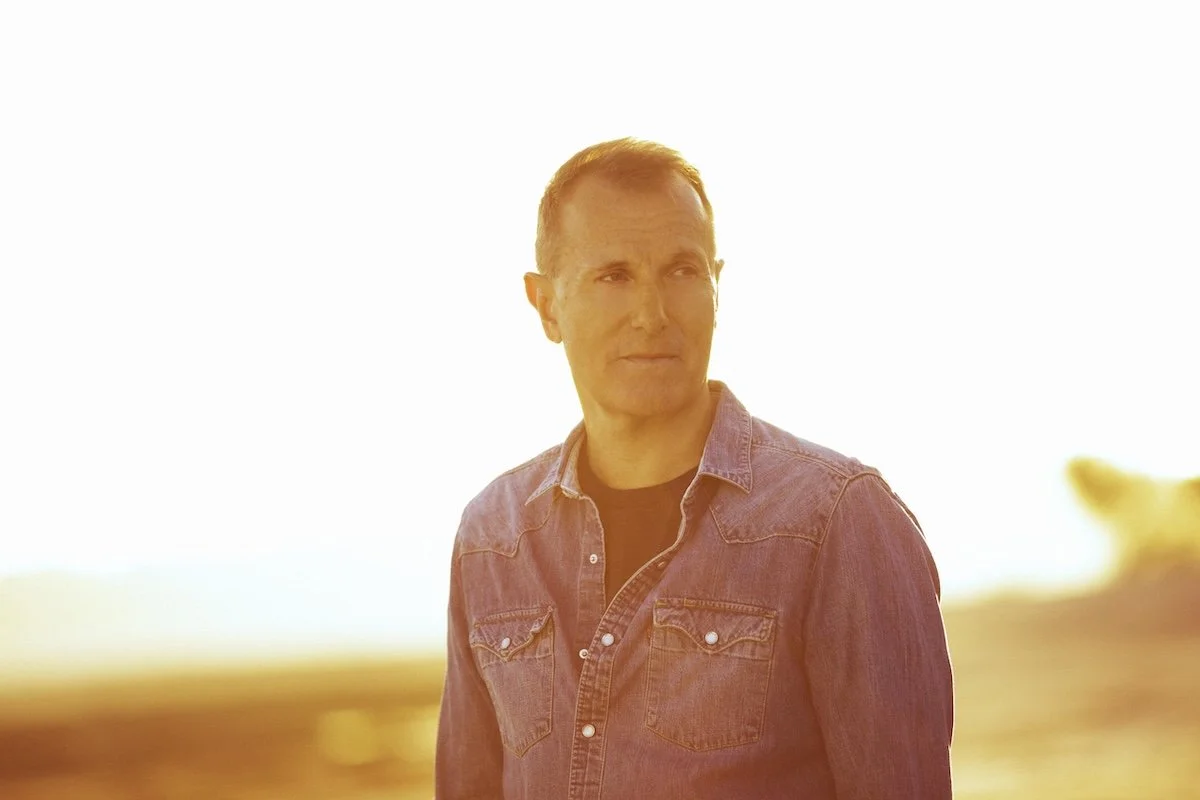Press Club: Love Letters
On their fourth LP To All The Ones That I Love, Press Club confront chaos with blistering punk and DIY grit. Drummer Frank Lees keeps it real on staying independent and playing the Cranker's last gig.
Interview Zara Richards // Image Nick Manuell
Congratulations on the release of To All The Ones That I Love. How does it feel to see people connect with the album?
It’s always surprising to have people interested in your music. But [it’s] great. We love it. We’re just happy to see… people listening to our music, which is why we make it.
It’s your fourth studio album since 2018. How has time changed you as a band?
When we started, it was a lot easier to prioritise the band and music. But as we’ve gone on, we’ve had to find new, more systemised ways of making music and performing. Part of the album is [about] growth and change – there’s a lot of lyrics about surviving and working out how to make your way in a chaotic world. I think the older you get, the harder that becomes.
How do you strike the right balance?
We’re lucky that we’re friends first and a band second. But at the same time, we all really want to do this. Press Club has become, in some ways, part of our identity as individuals. It’s an issue everyone faces right – trying to prioritise the things you love with the things you have to do. And also, all the things you love – band and family – and trying to keep everyone happy.
When did you first get excited about the direction of the record?
The first time I heard ‘Wasted Days’ was the first time I thought we were getting somewhere. I wasn’t involved much in the initial stages – I had a newborn kid – so I came in on day two of that song, and when I heard it, I was like, ‘Oh, yeah. This is something special’.
‘I Am Everything’ is a sonic left-turn for the band. It’s contemplative and considered – not the usual no-holds-barred punk-rock we’re used to. How did you know this was the right fit for the album?
I think it [came] with confidence in knowing who you are and that no matter what kind of music you make, it’s true to you. A song like ‘I Am Everything’ is something we probably could’ve written 10 years ago, but we wouldn’t have released it. We wouldn’t have thought it fit our image. Now, we’re far less concerned with how we’re seen.
You improvised the drums on that track. What's your relationship with improvisation?
I went to a jazz school with a heavy focus on free improvisation, so my relationship with improvisation is complex. I love it. I never play the songs the same way every night, and Ian [MacRae] definitely doesn’t play the songs the same way every night – what Greg [Rietwyk] and Nat [Foster] have to play over is pretty wild and chaotic. Having the confidence to try things, possibly fail and pick yourself up is great. If I were to teach music, I would encourage my students to spend time making things up.
READ MORE: Five Favourites with The VANNS
There’s a lot of freedom in that, which encapsulates Press Club’s entire energy. You’ve always remained independent; you produce your own music. It taps into the DIY ethos of punk. Why is that important to you?
For us, it’s been very freeing. We’re lucky that we don’t have any outside interest in the creation of our music. The reason why that’s so important is for longevity. Having a record label is not going to produce a result – it’s not going to get your band to the point that [you] can just do what [you] want. As soon as you start doing what you want, some people don’t like it — and that outside interest drops. [But] other people love it more for those reasons.
When you have money-people coming in, having a say in the creation of music – and I’m not breaking any new ground here – you get monotony and people playing it safe. So I think, in a lot of ways, we’re lucky that we live in a time where record labels don’t have as much of a say in what people are making. As a result, there’s exciting music being made – you just have to go and find it.
Press Club is hitting the road to celebrate the record, playing the Cranker on July 18. What should we expect?
I think it might be the last gig at the Cranker! It’s going to be a great show, it’s going to be exciting, it’s going to be raw. We’ve built a relationship with Adelaide audiences and Adelaide bands. It was a hard-fought battle to push into Adelaide – we found it hard to get people to come to shows. We played the Cranker last time and now we’re excited to come and play gigs in a city that we have such a good relationship with.
You’re also aware of the Save the Cranker campaign! Grassroot venues are central to local scenes – you even cut your teeth at places like The Tote in Melbourne. From an artist’s perspective, why do you think it’s important we protect these spaces?
These are cool places because the people who own them are willing to serve as the hub of a community. It’s really special. It’s such a shame that our government – just to get slightly political – doesn’t see that artistic and cultural value, and put money and government resources towards investing in that culture. I think that we should look to European countries and their investment in the arts community as a way of preserving culture and putting more money into those smaller venues.
In light of everything we’ve spoken about today, what do you hope listeners take from To All The Ones That I Love?
The album is about evolution and surviving in a chaotic world. I hope that people get what we’re trying to do with it because, at times, we’re unsure of what we’re trying to do ourselves. Nat’s lyric writing has only gotten better over time, and on this album, she’s exploring these ideas of change and growth and uncertainty. People want you to sit in your place and run the rat race. So, [if we] put music out in the world and people like it… that’s the best we could hope for.
Press Club play Crown & Anchor on July 18, supported by Placement. Tickets on sale now via moshtix.com.au.
